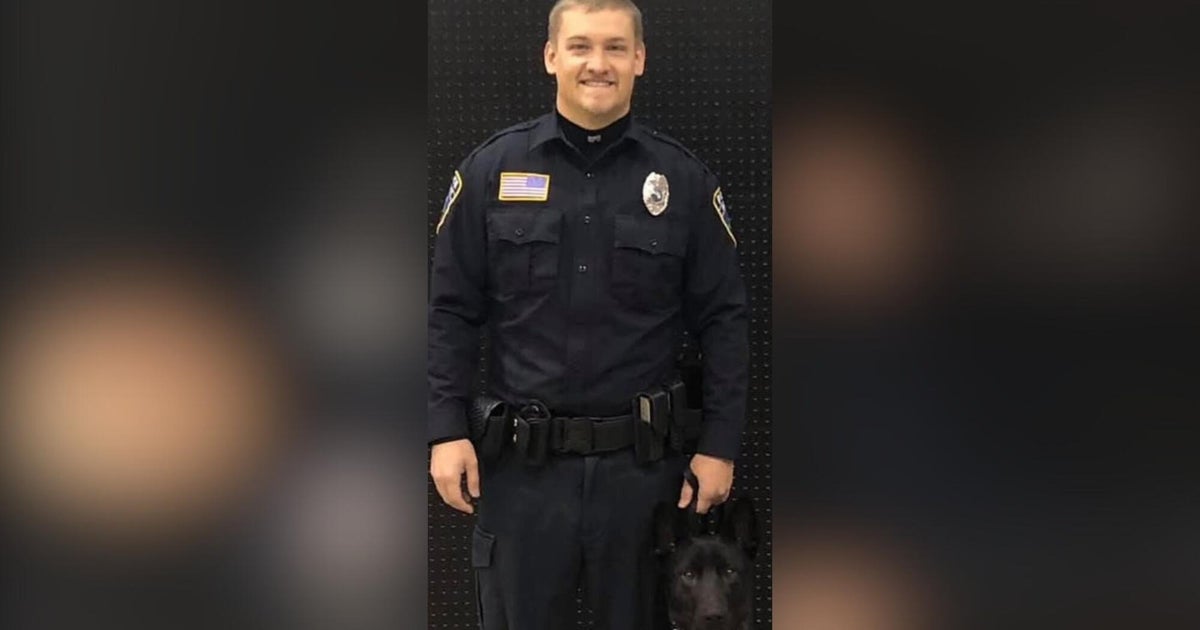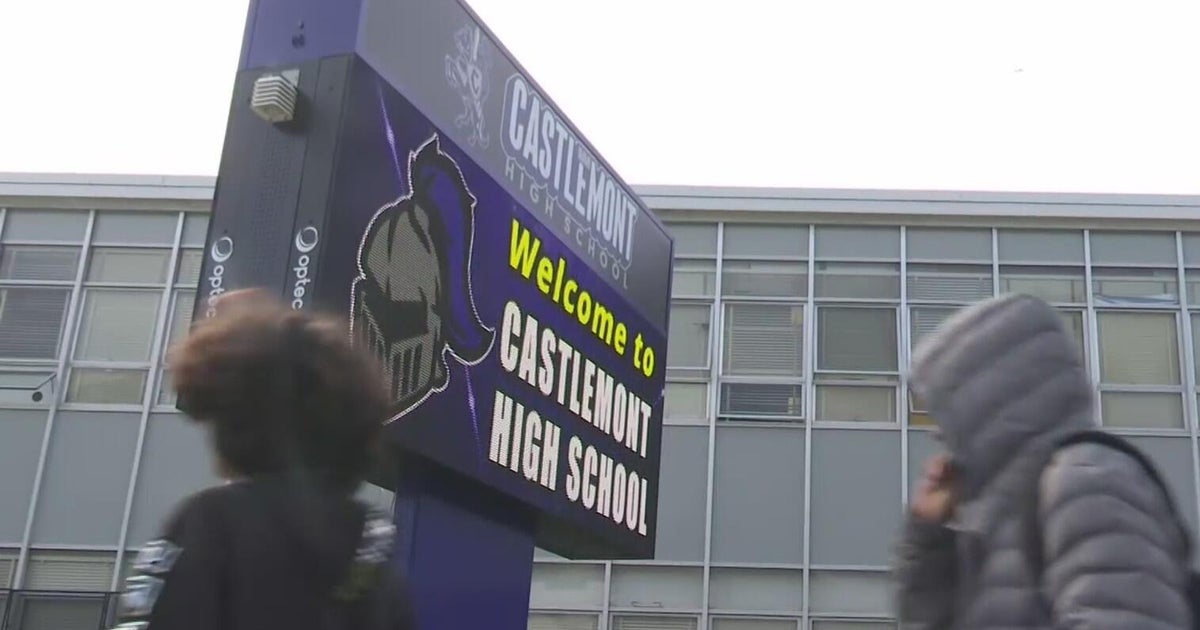Oakland Police Target At-Risk Youth With New Middle School Program
OAKLAND (KCBS/BCN) - Oakland Police Chief Anthony Batts issued a community-wide call to action this week, saying the city had reached a critical juncture with a shortage of officers and a new mayor coming in.
KCBS' Holly Quan Reports:
"This is a precipice for the city of Oakland right now," he told an audience of dozens at the Oakland Museum of California on Oak Street Thursday night, where the department held its second CompStat crime tracking meeting.
Specifically, Batts asked residents to participate in a pilot program in four middle schools aimed at reaching at-risk kids before they turn to crime.
The program would be carried out at Madison, Westlake, Roosevelt and Frick middle schools, he said.
Adult volunteers would spend an hour or more each week meeting with a child at one of the schools. The goal was to make kids aware of possibilities for the future that don't involve crime, he said.
"Some of the schools are in neighborhoods that are some of Oakland's most dangerous. Some of them are in neighborhoods that are not quite as problematic in terms of violence, so there's a whole range of services that are going on," described Oakland Unified School District spokesman Troy Flint.
In addition, police planned to increase their presence at those schools, making sure kids coming and going were safe and not involved in criminal activity.
"I want to build a new model of community policing built around schools," Batts said.
The idea stemmed from a recent conversation Batts had with Oakland Unified School District Superintendent Tony Smith. Both believe that reaching young people was key to bringing down the crime rate, Batts said.
Batts noted that children in unstable homes often were truant, dabbled in illegal activity, and had children of their own while still teenagers themselves.
The result, he said, was a cycle that spanned generations and essentially funneled kids toward lives of crime.
"We have to cut that supply chain," he said.
"That's why we're placing a great emphasis on establishing a bond at an early age between law enforcement and our students, to kind of reverse the pattern of distrust that exists in many of our communities," added Flint.
If the pilot program was successful, he said, it would be expanded to all Oakland Unified schools, starting with middle schools.
He asked the residents in attendance, many of whom were members of neighborhood groups, to sign up to volunteer for an hour each week at one of the four schools.
"You want to make a difference in this city?" he asked. "We start right now. We start tonight."
Angela Gums, a member of the Maxwell Park Neighborhood Council, was on board. She jotted down her contact information on a sign-up sheet outside the auditorium on her way out.
She agreed that targeting youths could help Oakland cut its crime rate.
"I'm a firm believer that that will work," she said.
As for Batts, who has been on the job for just over a year, Gums was impressed.
"I think he's excellent," she said. "I hope he stays."
Batts recently implemented the CompStat crime tracking and accountability system, which was used by police departments in a number of other cities, including San Francisco. Oakland's first CompStat meeting was held in late October.
(© 2010 CBS Broadcasting Inc. All Rights Reserved. This material may not be published, broadcast, rewritten, or redistributed. Bay City News contributed to this report.)







